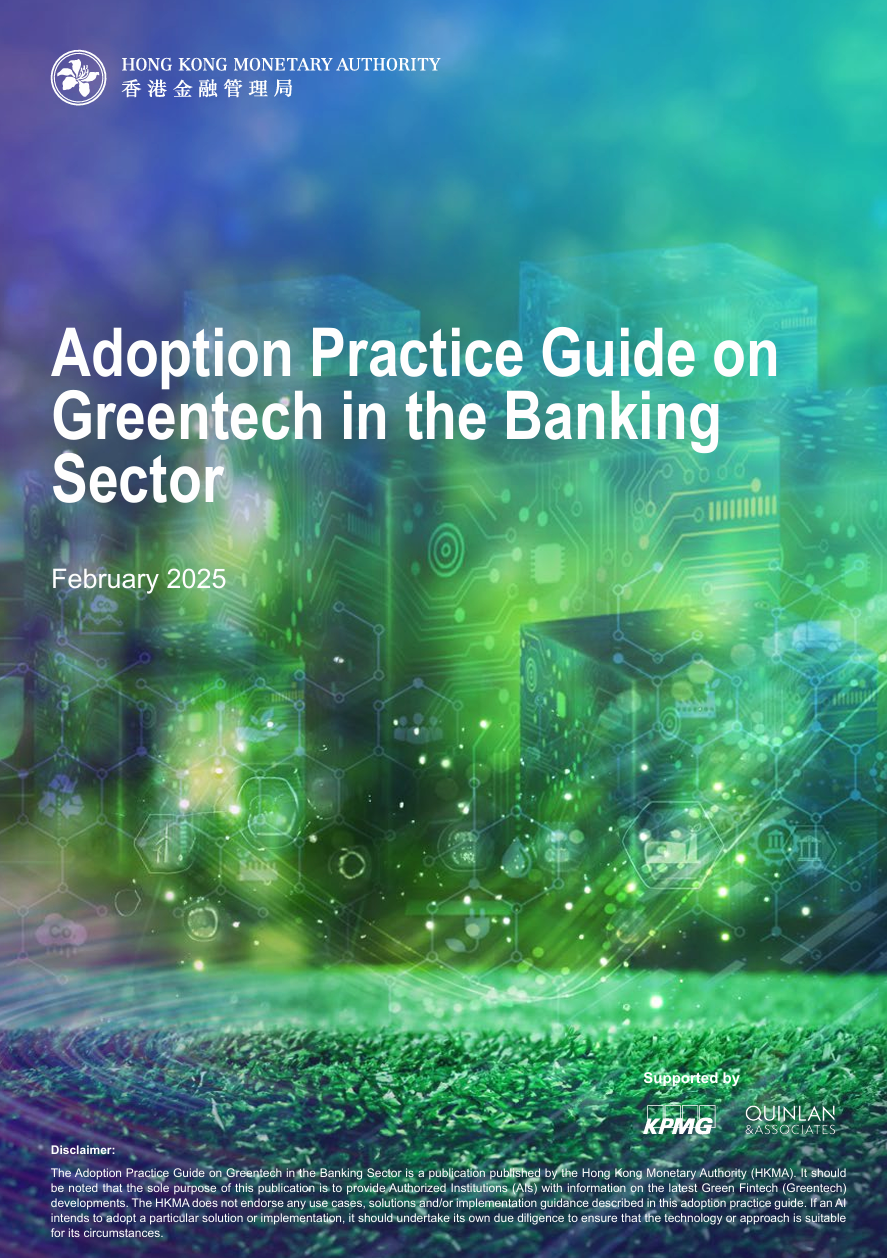
Regulation is No Longer Just a Rulebook—It’s a Competitive Battlefield
For years, compliance was seen as a burden—an unavoidable cost of doing business in finance. But that mindset is outdated. Today, regulation is no longer just about avoiding penalties; it’s about staying in the game.
The recent IOSCO Asia-Pacific Regional Committee (APRC) summit in Vietnam, led by the Securities and Futures Commission (SFC) of Hong Kong, wasn’t just another regulatory gathering. It was a warning shot—a clear signal that compliance is becoming a strategic battlefield, where only the most adaptive firms will thrive.
From the global crackdown on financial fraud to the end of regulatory loopholes in crypto, from the rise of AI-driven enforcement to the ESG compliance revolution, the world of finance is undergoing a fundamental shift. Firms that fail to rethink their compliance strategies now will find themselves struggling to operate in an environment where regulatory coordination, AI surveillance, and cross-border enforcement are the new norm.
So the question isn’t whether you’re compliant today—it’s whether your compliance strategy is future-proof. Because if it’s not, your business model may not survive the next wave of regulations.
📖 Ref: SFC (2025). SFC forges consensus with regional counterparts on regulatory roadmap for sustainability, technology and investor protection
https://apps.sfc.hk/edistributionWeb/gateway/EN/news-and-announcements/news/doc?refNo=25PR22

The End of Regulatory Arbitrage: A New Era of Global Coordination
🔴 The old playbook is dead.
In the past, financial firms could exploit regulatory fragmentation—moving operations to countries with looser rules. That strategy is now obsolete.
At the APRC summit, regulators made it clear: enforcement is going global. Countries in the Asia-Pacific region are aligning their fraud detection, data-sharing, and enforcement mechanisms.
🎯 What this means for financial firms:
✅ No more loopholes – Regulators are watching in real time, using AI-driven monitoring to track suspicious activity across borders.
✅ AI-powered compliance is now a necessity – If your firm isn’t leveraging AI for risk detection and reporting, you’re already behind.
✅ One weak jurisdiction = a global vulnerability – If your compliance is strong in one market but weak elsewhere, it’s a ticking time bomb.
The firms that embrace a globally integrated compliance strategy will gain trust, expand faster, and future-proof their operations. Those that resist change will find themselves trapped in regulatory bottlenecks, unable to scale, and constantly under scrutiny.

Crypto’s Wild West is Over. The Institutional Era is Here.
For years, crypto operated in a regulatory gray zone. That’s over. The APRC summit confirmed that Asia-Pacific regulators are moving toward a unified approach to crypto oversight.
🔥 Key shift: Vietnam’s State Securities Commission (SSC) officially joined the APRC Multilateral Memorandum of Understanding for Supervisory Cooperation (SMMoU)—a major step toward coordinated crypto regulation in Asia-Pacific.
💡 What this means for the industry:
- Crypto exchanges will be held to bank-like compliance standards. The era of lax KYC/AML processesis ending.
- Stablecoins, DeFi, and tokenized assets will face heightened scrutiny. Unregulated staking, liquidity pools, and DeFi lending will soon be obsolete.
- Institutional adoption will accelerate. Financial giants have been waiting for clear regulations—now they have a structured pathway to participate.
For crypto firms, this is a make-or-break moment. The ones that proactively align with upcoming regulationswill dominate the institutional crypto era. The ones that resist? They risk getting squeezed out of legitimacy, losing access to banking, payment rails, and investor confidence.

ESG is No Longer a Trend—It’s a Compliance Mandate
Sustainable finance is moving from voluntary pledges to strict regulatory enforcement. The EU-Asia-Pacific Forum on Financial Regulation made it clear:
🔎 ESG compliance is now a legal requirement, not just a PR strategy.
💰 What firms must prepare for:
- ESG reporting will be as rigorous as financial statements. Regulators demand verifiable, standardized data, not vague sustainability claims.
- Greenwashing is a legal liability. Firms caught misrepresenting ESG impact face fines, lawsuits, and reputational damage.
- AI-driven ESG tracking is now essential. The sheer data complexity of ESG compliance makes automation a necessity, not a luxury.
The firms that lead in ESG compliance automation, carbon accounting, and AI-driven sustainability reporting will gain a massive competitive edge.

(From left) Ms Carmen Chu, Executive Director (Banking Supervision) of the Hong Kong Monetary Authority; Ms Elsie Gung, Deputy General Manager (Business Banking Segment) of Bank of China (Hong Kong) Limited; Mr Benson Cheung, Director of Yat Fung Telecom (Group) Limited; Mr Eric Fan, Senior Vice President, Head of Digital Transformation Division of Shanghai Commercial Bank Limited; and Mr Kent Chow, Chief Financial Officer of Ideal Wisdom Enterprise Limited, share their experiences in the practical applications of IADS for SMEs in a panel discussion.
(Picture from HKMA Showroom Day)
The AI Compliance Revolution is Already Here
Perhaps the most underreported—but most revolutionary—shift from the APRC summit was the way regulators themselves are now using AI to enforce compliance.
💡 Regulators are no longer asking whether AI should be used in compliance—they’re already using it.
🔮 What this means for financial institutions:
- AI-powered fraud detection will be the standard. If you’re not using AI to monitor transactions, detect anomalies, and flag suspicious patterns, regulators will—and they’ll expect you to do the same.
- AI governance will become a regulatory priority. As AI models become more powerful, companies will be required to prove transparency, fairness, and explainability in AI-driven decision-making.
- Manual compliance processes will disappear. AI-driven regulatory audits are becoming the norm—if your compliance strategy still relies on human monitoring, you are already behind.
Firms that fail to integrate AI into their compliance strategies will struggle to meet evolving regulatory standards. The firms that embrace AI-driven compliance early will not just meet new requirements—they will operate more efficiently, reduce risks, and gain a strategic edge.
What Comes Next—and Why Financial Firms Must Act Now
Regulation is no longer an afterthought—it’s a core pillar of competitive strategy. The firms that see compliance as an innovation driver will thrive. The ones that view it as a cost center will fall behind.
🔹 At Studio AM, we understand the complexities of an evolving financial landscape. With deep expertise in finance, business strategy, and regulatory compliance, we help firms navigate these shifts with confidence. Whether it’s adapting to new compliance frameworks, leveraging technology for risk management, or integrating sustainable finance practices, we stay ahead so our clients can too.
💡 Regulation isn’t just about what you must do—it’s about what you can achieve with the right approach. The future of finance belongs to those who anticipate change, embrace innovation, and turn regulatory challenges into strategic advantages.




